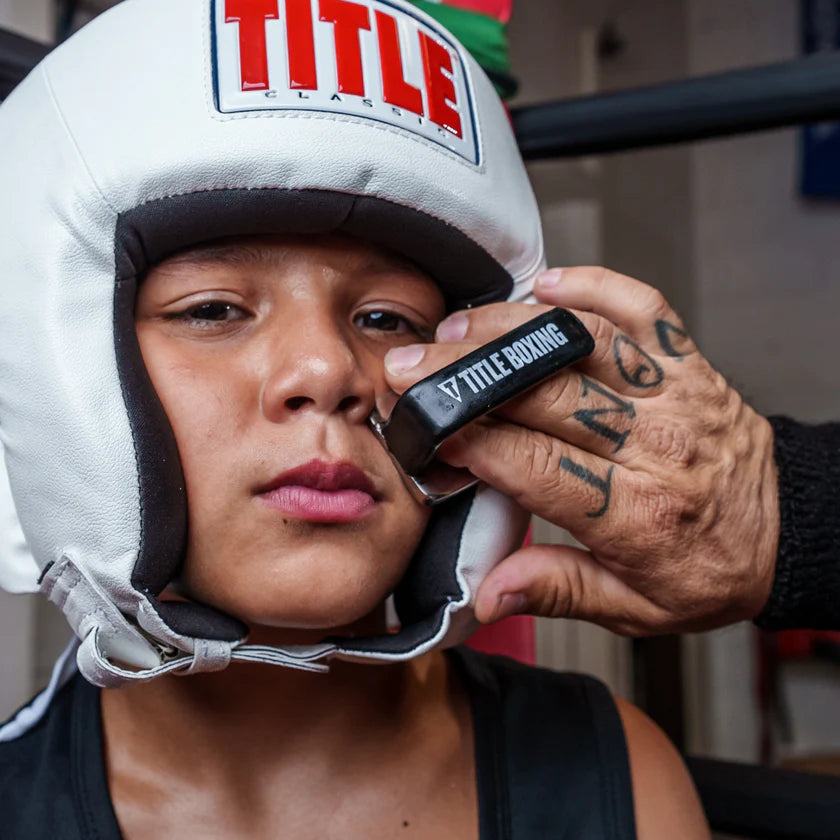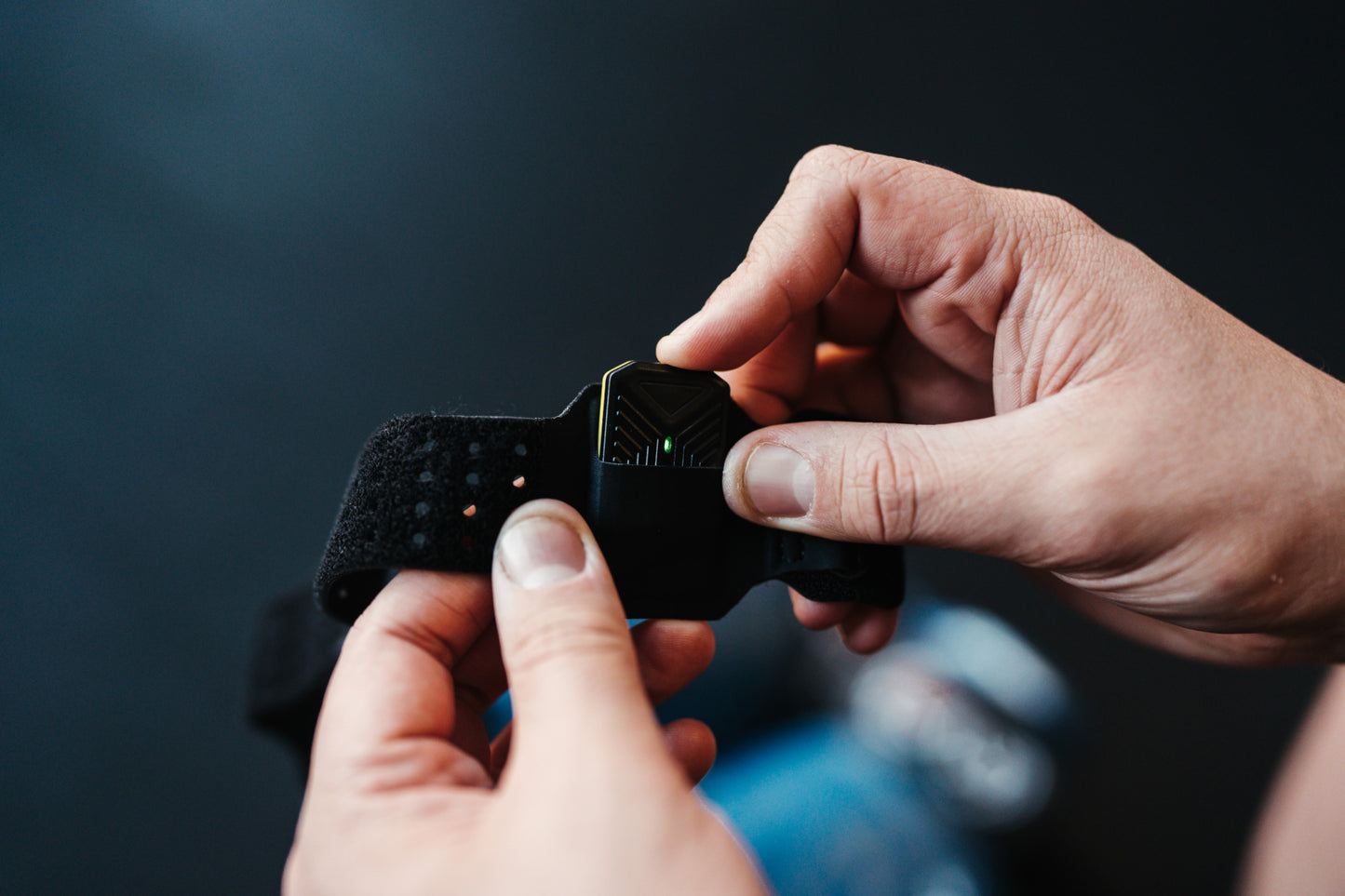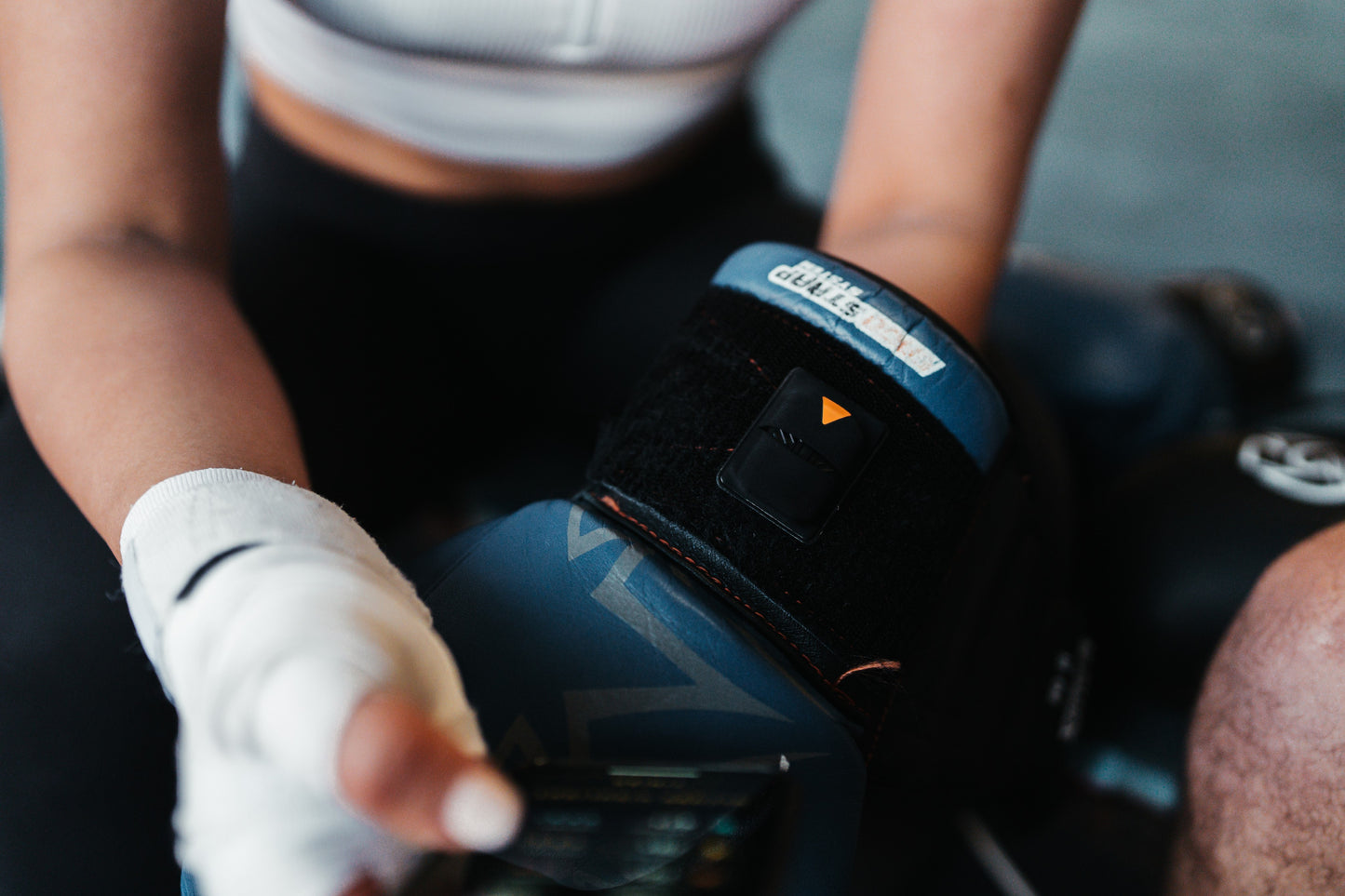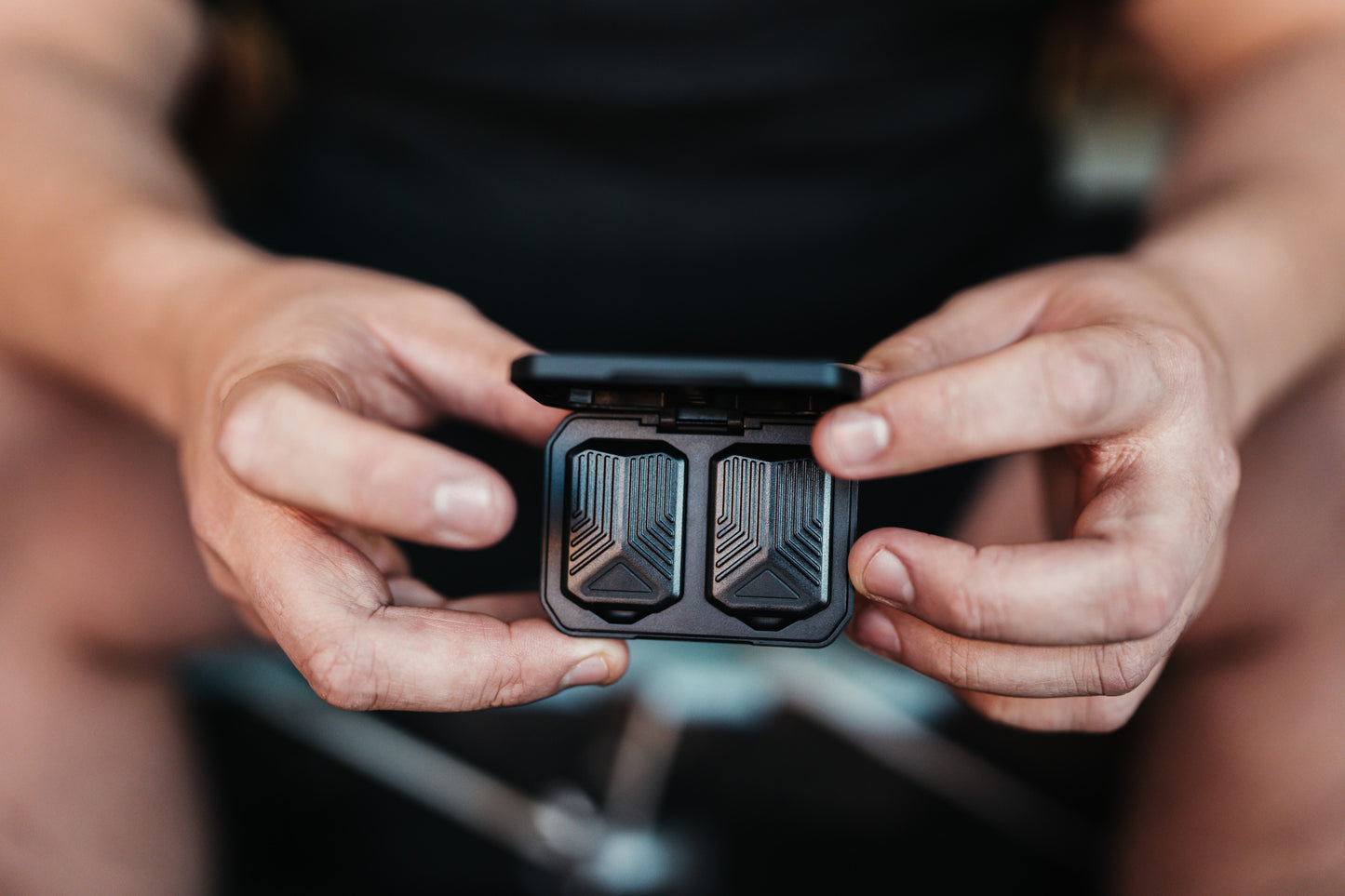The Importance of Recovery in Boxing
Recovery plays a pivotal role in a boxer's training regimen. It's during the recovery period that your body heals, grows, and becomes stronger. Here's why recovery is vital:
-
Muscle Repair: Intense training sessions cause micro-tears in your muscles. Recovery allows these tears to heal, making your muscles stronger.
-
Injury Prevention: Proper recovery reduces the risk of overuse injuries and fatigue-related accidents, which can sideline you for an extended period.
-
Mental Rejuvenation: Recovery also benefits your mental state, helping you stay motivated, focused, and sharp during boxing training and competition.
Essential Recovery Tips:
-
Rest and Sleep: Aim for 7-9 hours of quality sleep per night to facilitate muscle recovery and overall well-being. Sleep deprivation can lead to reduced endurance, slower reaction times, and decreased focus—critical aspects for anyone training to become a better boxer and one day world boxing champion of the world.
-
Hydration: Did you know that boxers can lose anywhere between 3-5% of body mass through sweat in a 90 minute Boxing Session? This makes hydration strategies a crucial part of an athletes preparation during training camp. Stay well-hydrated to aid in muscle function, joint lubrication, and overall performance.

-
Nutrition: In order to get the most from training sessions, boxers need to ensure they are properly fuelled and hydrated. Ensuring intake of a wide variety fruits and vegetables will provide much of the vitamins and minerals required to prevent illness and promote good health and recovery. In addition, consume a balanced diet rich in protein, carbohydrates, and healthy fats to fuel your body and promote muscle repair.
-
Active Recovery: Engaging in active recovery exercises such as swimming or cycling on rest days increases oxygen flow, allowing the lactic acid to break down. Reduces soreness: Similarly, improved oxygen flow to your muscles helps promote the regrowth of the muscle fibers that are broken down during a training workout.
-
Stretching and Mobility: Incorporate regular stretching and mobility exercises to maintain flexibility and prevent muscle tightness. Stretching helps improve range of motion, reduces muscle tension, and enhances overall performance in the ring. Sample Dynamic Stretching Routine for Boxers: Include leg swings, arm circles, and torso twists to warm up muscles and joints.

-
Massage and Foam Rolling: These techniques can help alleviate muscle tension and improve blood circulation.
Injury Prevention Strategies:
-
Proper Warm-up: Always warm up before training or sparring sessions to prepare your muscles and joints.
Passive, which is the use of external heating methods such as garments, heat massage and hot baths to elevate muscle and core temperature.
AND
Active, this is the more common warm up method and involves the use of various forms of exercises to raise core temperature.

-
Correct Technique: Focus on proper form and technique to avoid overexertion and reduce the risk of injuries.
-
Progressive Training: Gradually increase the intensity and duration of your workouts to prevent overtraining.
-
Cross-Training: Include a variety of exercises and activities in your training regimen to prevent overuse injuries.
-
Listen to Your Body: Pay attention to any signs of pain or discomfort, and don't push through injuries. Rest and seek medical advice if needed.
-
Protective Gear: Wear appropriate protective gear, including headgear, mouthguards, and hand wraps, to minimize the risk of injury during sparring.

-
Cool Down: Always finish your workouts with a proper cool-down to facilitate recovery and reduce muscle soreness.

Seek Professional Guidance:
If you are new to the sport, consider working with a qualified coach or sports medicine professional who can assess your training regimen, monitor your progress, and provide guidance on injury prevention and recovery.
In Conclusion
In the world of boxing, recovery and injury prevention are non-negotiable aspects of training. By prioritizing rest, nutrition, and proper training techniques, you can keep your body in peak condition and reduce the risk of injuries. Remember that a well-recovered and injury-free boxer is a stronger, more resilient fighter. Embrace these strategies, listen to your body, and make recovery an integral part of your boxing journey, ensuring a long and successful career in the ring.
Follow us in Instagram and let us know your thoughts @powaboxing














